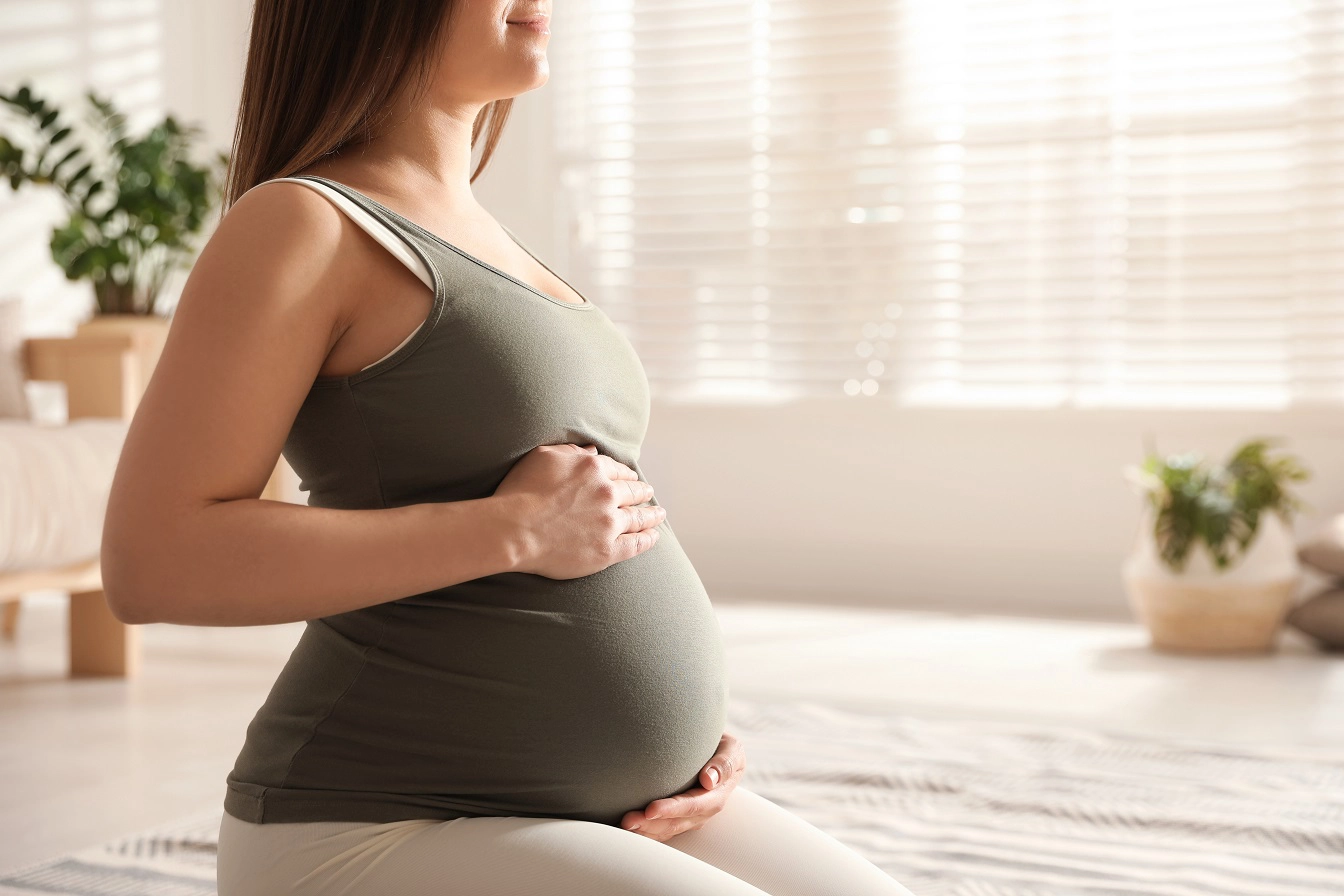FamiBlog
Pregnancy after a transplantation
At present, the condition following an organ transplant is not a contraindication to pregnancy. However, such a pregnancy requires particularly special care. What are the risks of pregnancy after a transplant?

12 October 2023
Pregnancy after a transplantation - when?
Pregnancy after organ transplantation must be adequately prepared. Such a pregnancy is classified as a high-risk pregnancy and requires adequate preparation and subsequent treatment. This is due to the immunosuppression necessary for the body to tolerate the transplant, which makes it difficult to maintain the pregnancy. Drugs such as mycophenolate mofetil or angiotensin-converting enzyme inhibitors, which are used to treat high blood pressure among other things, should also be stopped early. They can cause foetal abnormalities and should therefore be discontinued six months before the planned pregnancy. Organ transplant patients are advised to use effective contraception until they have received the required doses of immunosuppressive drugs.
Pregnancy after a transplantation - the risks
A pregnancy after a transplant is a high-risk pregnancy. Women after organ transplantation have a higher risk of high blood pressure, caesarean section, infections, pre-eclampsia or gestational diabetes, among other things. Miscarriages and premature births are also more common. Organ rejection can also occur.
In addition, pregnancies after organ transplantation are at higher risk of infections such as cytomegalovirus, parvovirus and toxoplasmosis, which are extremely dangerous for the developing foetus.
Expectant mothers after organ transplantation are also at higher risk of anaemia, which needs to be treated with iron supplements and, in extreme cases, blood lupus.
Pregnancy after a transplantation - course
Post-transplant women are advised to measure their blood pressure and weight regularly during pregnancy. They should also see the transplant doctor regularly in addition to their visits to the gynaecologist. It is important to monitor laboratory parameters and, for example, protein loss in the urine. Furthermore, regular ultrasound examinations and checks for antibodies against CMV, toxoplasmosis or HSV should be carried out.
Pregnancy after a transplantation - Birth
The condition following organ transplantation alone is not an indication for caesarean section. It is important that patients receive antibiotic prophylaxis and a reinforced hygiene regime in the perinatal period. The decision on the delivery route is made by gynaecologists based on the current obstetric situation. To avoid graft rejection after delivery, the woman's glucocorticosteroid intake should be increased.
It is important that post-transplant patients receive specialised care and deliver in hospitals that have the best qualifications and experience with this type of pregnant woman.
Sie interessieren sich auch für:
Intimate infections during pregnancy
Many expectant mothers struggle with the annoying symptoms of intimate infections during...
Sore throat during pregnancy
A sore throat is a relatively common condition that also affects pregnant women. However, not all...
Eating raw meat during pregnancy
During pregnancy, the expectant mother has many desires. But not all of them can be freely...
Stem cells and cord blood
Bone marrow was the primary source of stem cells (bone marrow transplantation involves...































